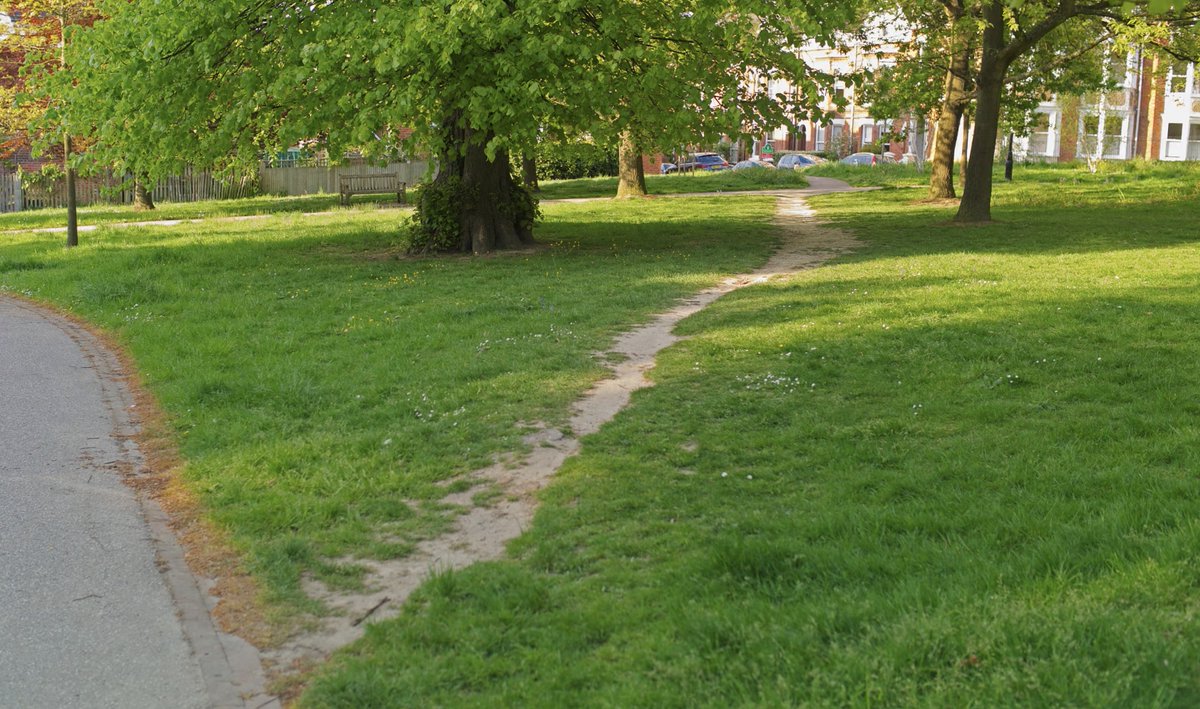
How to get URL link on X (Twitter) App

https://twitter.com/GermaniaZongdu/status/19834855638744637601. All the lands that use Church Slavonic in liturgy. That is pretty much everything from what is now Central Russia, to what is now Romania. Wallachians, being the speakers of a Romance language were Orthodox, and used Slavonic in church -> they're a part of Rus, too

https://twitter.com/kyleichan/status/1982087859684421815It is more like:

https://twitter.com/DAlperovitch/status/1976264503223373959If you said that the battles of the great European war will not be fought in Dunkirk and La Rochelle, but somewhere in Kupyansk (that is here) and Rabotino, you would have been once put into a psych ward, or, at least, not taken as a serious person

https://twitter.com/MaulikAtanu/status/1964590088886882601There is this stupid idea that the ultra high level of life and consumption in the United States has something to do with their productivity. That is of course a complete sham. An average American doesn't do anything useful or important to justify (or earn!) his kingly lifestyle

https://twitter.com/aavenb/status/1962151555311808977So, basically, "normal" language doesn't come out of nowhere. Under the normal conditions, people on the ground speak all the incomprehensible patois, wildly different from each other

 Almost everyone who tried to develop did it in a USSR-ish way, via prestige projects. Build a dam. A steel plant. A huge plant. And then an even bigger one
Almost everyone who tried to develop did it in a USSR-ish way, via prestige projects. Build a dam. A steel plant. A huge plant. And then an even bigger onehttps://twitter.com/StatisticUrban/status/1942083065628758125What I am saying is that "capitalist reforms" are a buzzword devoid of any actual meaning, and a buzzword that obfuscated rather than explains. Specifically, it is fusing radically different policies taken under the radically different circumstances (and timing!) into one - purely for ideological purposes

 1. Public outrage does not work anymore
1. Public outrage does not work anymorehttps://twitter.com/nonregemesse/status/1937971530765635644Theory: X -> Y

 Let me give you an example. The Arab conquest of Spain
Let me give you an example. The Arab conquest of Spain

 Irrespectively of their political, ideological, religious and whatever differences, Russia, China, the United States, Iran are all governed by the old. Whatever regime, whatever government they have, it is the septuagenarians and octogenarians who have the final saying in it.
Irrespectively of their political, ideological, religious and whatever differences, Russia, China, the United States, Iran are all governed by the old. Whatever regime, whatever government they have, it is the septuagenarians and octogenarians who have the final saying in it.

 And nothing reflected this better than the seething hatred it got from Russia, a country stuck in the past, whose imagination was fully preoccupied with the injuries of yesterday, and the phantasies of terrible revenge, usually in the form of nuclear strike.
And nothing reflected this better than the seething hatred it got from Russia, a country stuck in the past, whose imagination was fully preoccupied with the injuries of yesterday, and the phantasies of terrible revenge, usually in the form of nuclear strike. 


 But let’s make a crash intro first
But let’s make a crash intro first